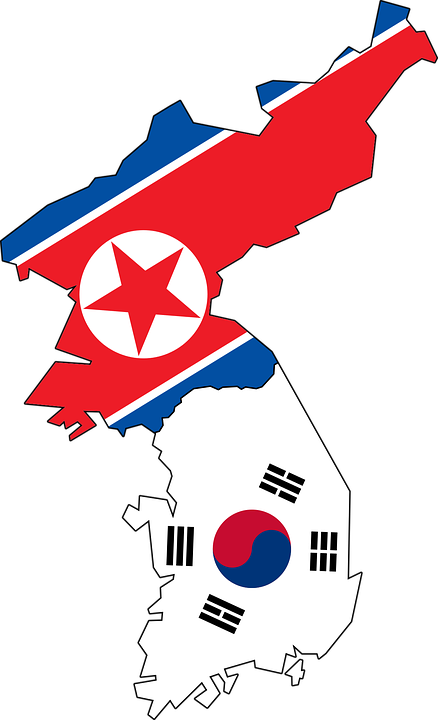China’s aggressive leadership is creating security challenges on the Korean peninsula and for countries around the world. Two times this week President Biden had to order the US Air Force to shoot down high-altitude, Chinese surveillance balloons flying over the United States. The latest incident occurred over Alaska on Friday. In East Asia, Beijing has threatened Taiwan by repeatedly invading its legal airspace, surrounding the island with its navy, and blockading its territorial waters. In Central Asia, China is attempting expand its sphere of influence by sending military delegations and pushing its BRI agenda to open trade routes for Chinese products.
In the Arctic, China maneuvered to obtain observer status on the Arctic Council, the governing body of the eight Arctic nations and unilaterally designated itself as a “near Arctic nation.” While in Latin America, Chinese companies manage the ports at each end of the Panama Canal. China has signed predatory loans and other one-side business deals with a number of African nations driving some to near bankruptcy. No matter where one turns China is conducting intelligence operations and attempting to undermine the West. Xi Jinping is working to push the United States out of the western Pacific, but like a thorn in its side, North Korea is slowing China’s effort to attain hegemon status.
“The existential North Korean nuclear and missile threats negatively impact the Asia-Pacific security environment for the United States, South Korea, Japan and Australia,” says Debolina Ghoshal of the Jamestown Foundation. These states have taken countermeasures to defend against Pyongyang. The result, she says, it that North Korea’s nuclear and missile capabilities indirectly worsen China’s “security dilemma” by spurring Washington and its allies to devote greater resources to maintaining a strong security presence in Northeast Asia.
China protested when the US deployed the Terminal High Altitude Area Defense (THAAD) anti-ballistic missile defense system in South Korea in 2017, despite Seoul’s assurance it was a defensive move to stave off a North Korean offensive. The Chinese Ministry of Foreign Affairs continues to object and last summer pointed out that it “clearly undermines China’s strategic security interests.” Washington counters that China fails to assert it influence over North Korea to achieve a successful denuclearization of the Korean peninsula. Beijing further objected when Washington lifted the restrictions it had imposed on South Korea to limit the range and payload of its ballistic missiles.
South Korea’s current President, Yoon Suk Yeol, wants to take the THAAD operations to the next level by “normalizing” its operations in the country. The new approach in Seoul is in concert with efforts by Tokyo last November to acquire counter-strike capabilities. Kyodo News in December reported the move was intended to counter the deteriorating regional security situation brought on by China’s military modernization program and North Korean nuclear developments.
Recent developments concerning North Korea, says Ghoshal, “pose both traditional and non-traditional security challenges to China. While North Korea’s recalcitrance leaves China with neighbors strengthening their militaries, the continuing North Korean nuclear crisis presents other challenges as well.” The North’s economy in 2023 is struggling. It faces international sanctions imposed on it for its nuclear and ballistic missile development activities. North Koreans are fleeing across the border into China and joining the ranks of the country’s unemployed, already high due to the impact of Covid. Beijing also is concerned as the behavior of North Korea’s leader, Kim Jong-un, is erratic and causing nearby nations to increase the defensive posture and creating a nuclear conundrum. “Some observers believe that North Korea will conduct a seventh nuclear weapons test this year,” say Ghoshal. If this happens, the Chinese publication Huaqiu suggests that Xi Jinping is concerned that the United States will strengthen its extended nuclear deterrence strategy to protect its allies, Japan and South Korea. These developments add to the pressure the CCP leadership in Beijing is facing on both the military and diplomatic fronts.
This year China faces some hard decisions concerning its security position. If it intends to secure a nuclear-free Korean peninsula so that it can concentrate its efforts elsewhere, it needs to persuade Kim Yong-un that a self-imposed moratorium on nuclear and missile testing is in its best interest. Ghoshal argues that “The intersection of strategic competition between China and the US and its allies and North Korea’s growing nuclear capabilities underscores that Pyongyang’s pursuit of its nuclear ambitions has security implications that reverberate not just on the Korean peninsula, but globally as well.”
Daria Novak served in the U.S. State Dept.
Illustration: Pixabay
